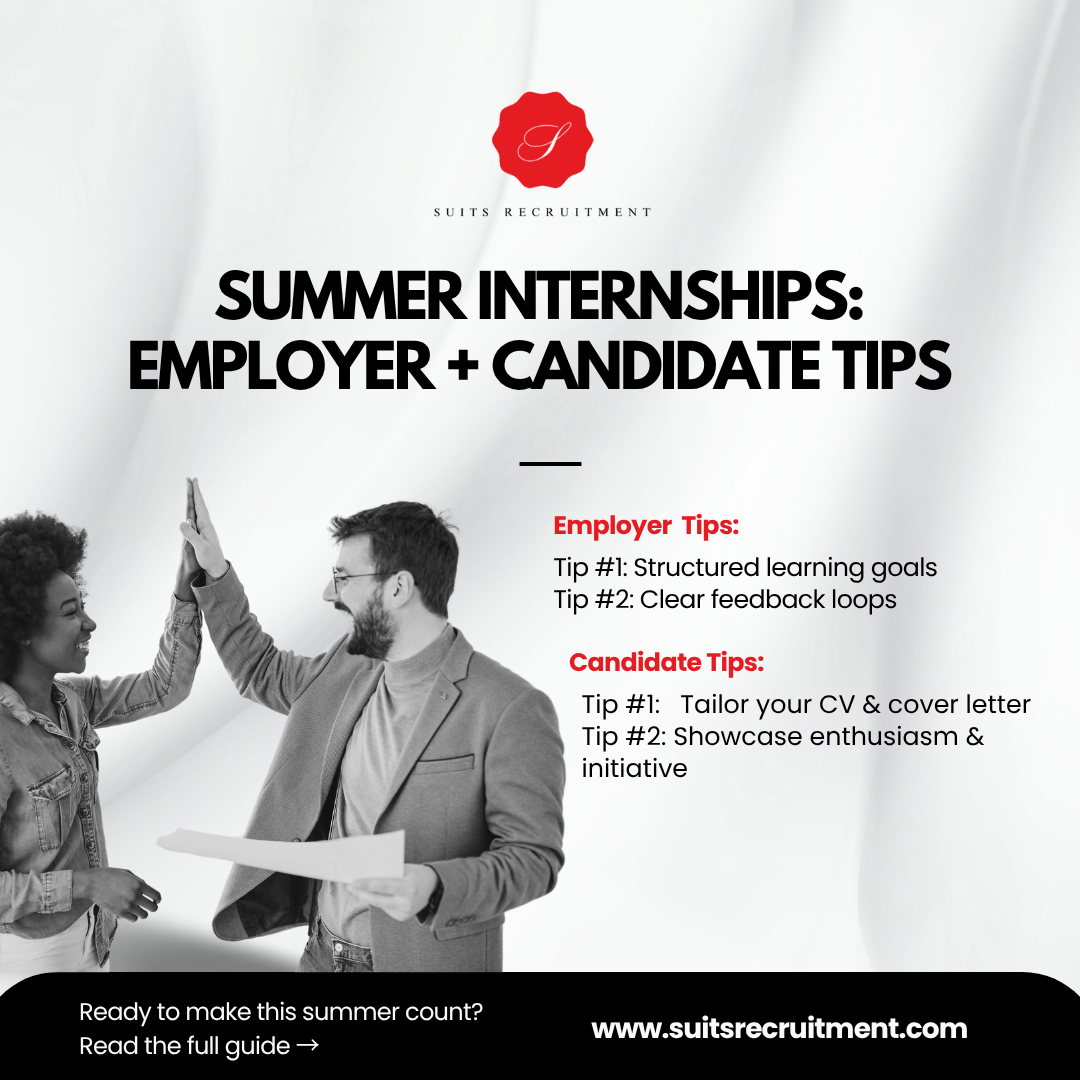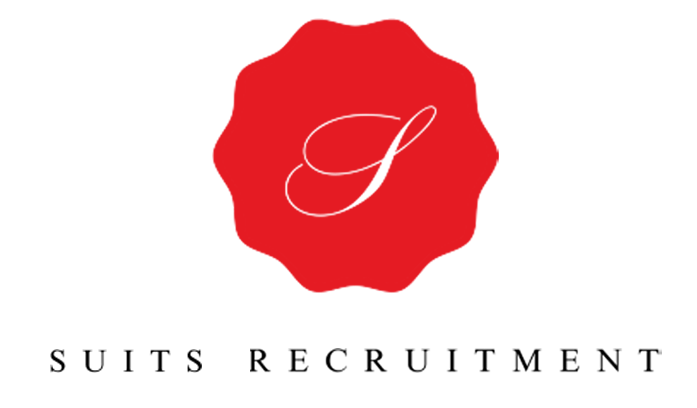









Preparing for Summer Internships: Tips for Employers & Candidates
Summer internships are more than just a stopgap between semesters—they’re a strategic opportunity for both organizations and aspiring professionals. Employers can cultivate future talent pipelines, while candidates gain invaluable real‑world experience. In today’s guide, we share
dual‑perspective advice to help you design or secure a summer internship that delivers mutual success.

For Employers: Building an Internship Program That Delivers
1. Define Structured Learning Goals
Interns thrive when they know exactly what they’ll learn and how their work contributes to the organization.
- Set clear objectives: Outline 3–5 core skills or projects each intern should complete by the end of the program.
- Use a learning roadmap: Provide a week‑by‑week plan with milestones (e.g., “Week 1: Onboarding & tools training,” “Week 3: Lead a small project”).
- Measure progress: Use brief, biweekly check‑ins to ensure interns are on track and gaining the intended skills.
2. Establish Clear Feedback Loops
Ongoing feedback transforms good internships into great ones.
- Schedule regular one‑on‑one meetings: A 15‑minute weekly or biweekly chat keeps interns aligned and motivated.
- Use structured feedback forms: Provide both constructive praise and actionable improvement points.
- Encourage peer feedback: Pair interns with colleagues for 360° insights and broader perspectives.
3. Provide Meaningful Projects & Mentorship
Engagement spikes when interns feel their work matters.
- Assign real‑world tasks: Avoid busy‑work; give projects that impact the team or client deliverables.
- Pair each intern with a mentor: A dedicated point of contact (supervisor, senior colleague) offers guidance and career advice.
- Celebrate achievements: Publicly acknowledge project milestones to boost confidence and visibility.
For Candidates: Standing Out in Your Summer Internship Search
1. Tailor Your CV & Cover Letter
Generic applications vanish in a sea of applicants.
- Match keywords: Mirror terminology from the internship posting (e.g., “social media analytics,” “customer outreach”).
- Highlight relevant coursework & projects: Showcase class assignments or volunteer work that aligns with the role.
- Keep it concise: One page max, with clear headings and bullet points for easy scanning.
2. Showcase Enthusiasm & Initiative
Employers remember interns who go the extra mile.
- Propose a mini‑project: In your cover letter, suggest a small initiative you could tackle (e.g., “I’d like to analyze last quarter’s engagement data and propose three strategies to increase reach by 10%”).
- Ask insightful questions: During interviews, research the company and ask about their upcoming goals or challenges.
- Demonstrate growth mindset: Share a brief example of how you learned a new skill independently (online course, self‑taught tool) and how you’ll apply it.
3. Prepare for Onboarding & Early Wins
First impressions set the tone for your entire internship.
- Familiarize yourself with tools: Download any recommended software (Slack, Trello, Excel templates) in advance and watch tutorials.
- Set personal goals: Beyond your employer’s objectives, define one or two personal growth targets (e.g., “Improve public‑speaking confidence by presenting a weekly update”).
- Network from day one: Introduce yourself to team members, attend optional meet‑ups, and request brief informational chats to learn about different roles.
Making Summer Count
By combining structured programming and mentorship on the employer side with tailored applications and proactive learning on the candidate side, summer internships become a launchpad for lasting professional growth.
By: Joy Khaylin Ugokwe










